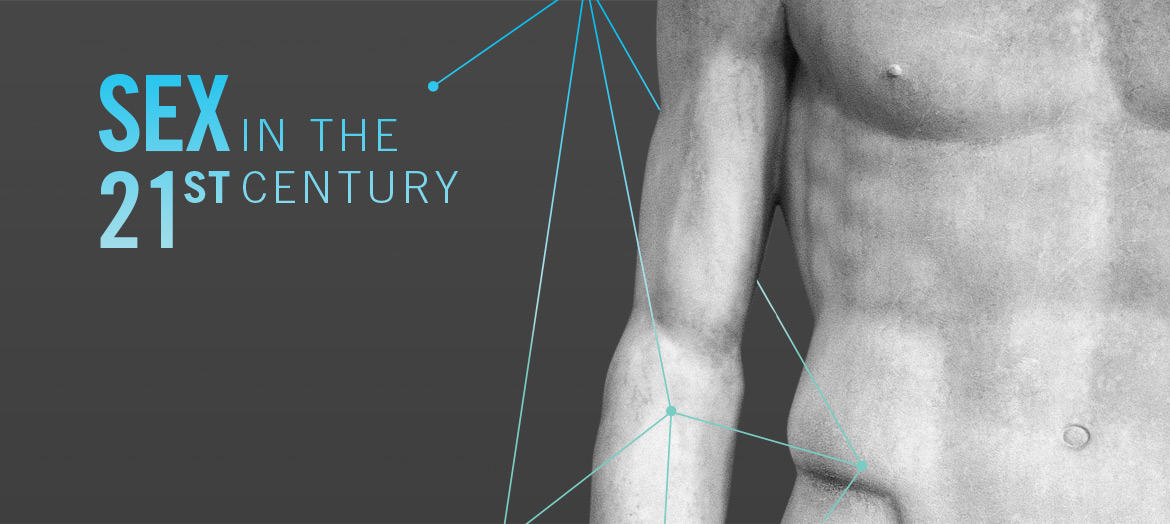Leukemia / lymphoma
Content written by John P. Mulhall, MD
Leukemia is a malignant condition affecting the white blood cell components of the blood. It is a heterogeneous group of disorders with a very broad spectrum of prognoses and treatments. Lymphoma is another heterogeneous group of disorders that affect the lymphoid cells in the blood stream (known as B and T cells). Both of these conditions can be treated with chemotherapy, many lymphomas are treated also with adjuvant radiation, and in the modern era of the patients with these conditions may be a treated with bone marrow transplant or stem cell transplant. These latter treatments include the use of chemotherapy and often radiation therapy. Some men with a lymphoma will also receive radiation directly to the testis as for some lymphomas the testis acts as a reservoir for the malignant lymphoid cells. The this one negative impact of leukemias and lymphomas on a man’s sexual function are largely directly related to the treatments specifically chemotherapy and radiation (see section on Chemotherapy and Radiation Therapy). Another sexual problem that men with leukemia rarely experience is ischemic priapism. This condition named after the Greek god of lust and fertility (Priapus) is the presence of a prolonged erection (usually lasting longer than four hours) that is unrelated to sexual simulation and cannot be believed by the patient. Ischemic priapism is a dangerous condition because of the failure of exchange of blood in the penis with a dramatic drop in the oxygen content of this blood and permanent damage to erectile in tissue. Ischemic priapism is a medical emergency requiring immediate treatment and can be best thought of as a form of ‘heart attack’ of the penis (see section on Priapism).
